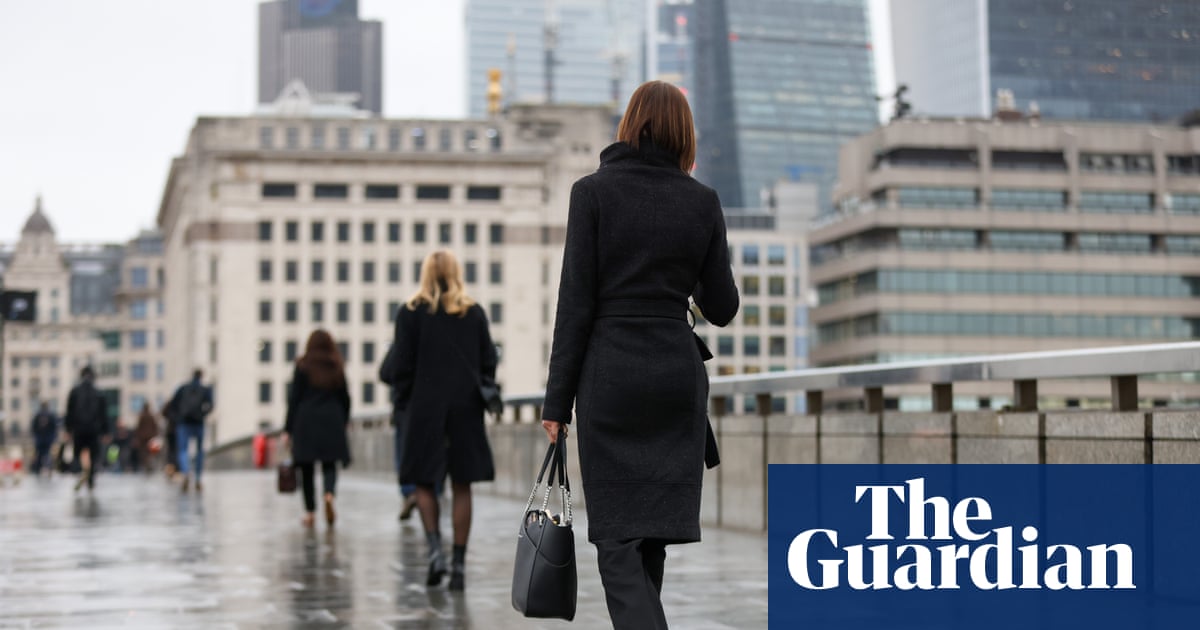Pay growth in the UK slowed more than expected in November, in a sign that inflationary pressures have weakened more than the Bank of England was expecting when it issued its latest forecasts.
Average pay growth was 6.5% in November, down from 7.2% in the previous month, according to the Office for National Statistics, as the UK jobs market weakened in response to high interest rates and stagnation across much of the economy. Economists polled by Reuters had expected total average earnings of 6.8% in November.
Job vacancies tumbled at the fastest rate on record in December, the ONS said, in a further sign the UK labour market was now cooling.
The ONS said despite the drop in wages growth, recent falls in inflation meant real wages grew for the fifth month in a row, easing the pressure on household disposable incomes.
The number of vacancies soared during the Covid pandemic as many older workers took early retirement and younger workers opted to go back into education, but the ONS said vacancies fell for the 18th consecutive month in the three months to December, by 49,000 to 934,000.
It added that overall, the jobs market remained stable with employment down only marginally and the unemployment rate unchanged at 4.2%.
The pound fell after the weaker than expected wage data prompted traders to raise bets that the Bank of England would start cutting interest rates in the spring. Sterling was down 0.6% against the dollar at $1.2651.
The Bank is expected to re-examine its outlook for the economy when officials meet next month. Most analysts expect the Bank’s monetary policy committee to hint at several interest rate cuts this year after acknowledging the weakening labour market and recent falls in inflation as indications of further stagnation.
While gross domestic product expanded in November, the 0.3% month-on-month increase failed to prevent a drop of 0.2% over a three-month period.
Analysts have also become increasingly concerned about recent global shocks from conflict in the Middle East that could harm trade and push shop prices back up again.
after newsletter promotion
The ONS figures showed on Tuesday that workers in the private and public sectors received almost the same level of pay rise, up 6.4% and 6.6% respectively, in the three months to November.
In the private sector, restaurants, hotels and retailers offered the biggest pay rises of 7.2% on average, followed by City and finance workers, who received 7% on average. Construction workers were at the bottom of the pay league table with rises averaging 4.5%, reflecting the severe downturn across the building industry.
The chancellor, Jeremy Hunt, said: “With inflation falling it’s heartening to see real wages growing for the fifth month in a row. This is on top of the record cut to national insurance worth nearly £1,000 in a typical household with two working people, putting more money in their pockets.”







